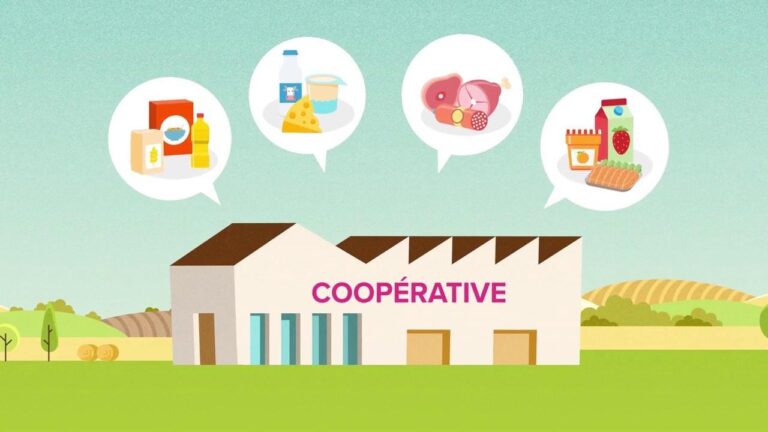Introduction to Agricultural Cooperatives
Agricultural cooperatives are essential structures in the fight against poverty in Africa. They unite farmers and provide them with resources, education, and access to markets. This collaboration enhances productivity and creates sustainable income sources for members.
The Role of Agricultural Cooperatives
Cooperatives aggregate smallholder farmers, enabling them to have a significant collective bargaining power. By working together, they can negotiate better prices for their goods, which leads to improved livelihoods. Through these cooperatives, farmers gain access to shared resources such as equipment and funding.
Access to Markets
One of the most significant benefits of agricultural cooperatives is improved access to markets. These organizations help smallholder farmers reach broader markets that would otherwise be out of reach. By linking farmers directly with consumers and larger distributors, cooperatives increase their profit margins and reduce dependency on middlemen.
Education and Training
Another critical aspect is providing education and training to cooperative members. Many cooperatives offer workshops on best farming practices, financial management, and business skills. This empowerment leads to more efficient farming techniques and better overall management of resources.
Challenges Faced by Agricultural Cooperatives
Despite the benefits, agricultural cooperatives face numerous challenges in Africa. Issues such as inadequate infrastructure, lack of government support, and varying levels of member commitment can hinder their effectiveness. Addressing these challenges is essential to enhancing the capacity and sustainability of cooperatives.
Success Stories and Impact
Several case studies illustrate the positive impact of agricultural cooperatives. For example, cooperatives in countries like Kenya and Ghana have successfully transformed local economies. These success stories highlight the potential of cooperatives to reduce poverty and improve community resilience.
Linking to Resources
To learn more about the role of agricultural cooperatives in Africa, visit this link. This resource offers insights into various successful initiatives and the ongoing development of cooperatives across the continent. Understanding these dynamics can inspire further investment in cooperative models.
Conclusion
Agricultural cooperatives are vital in reducing poverty in Africa. By empowering farmers, enhancing market access, and providing essential education, they create a pathway for sustainable development. As cooperatives grow and evolve, they hold the potential to transform lives and communities.

